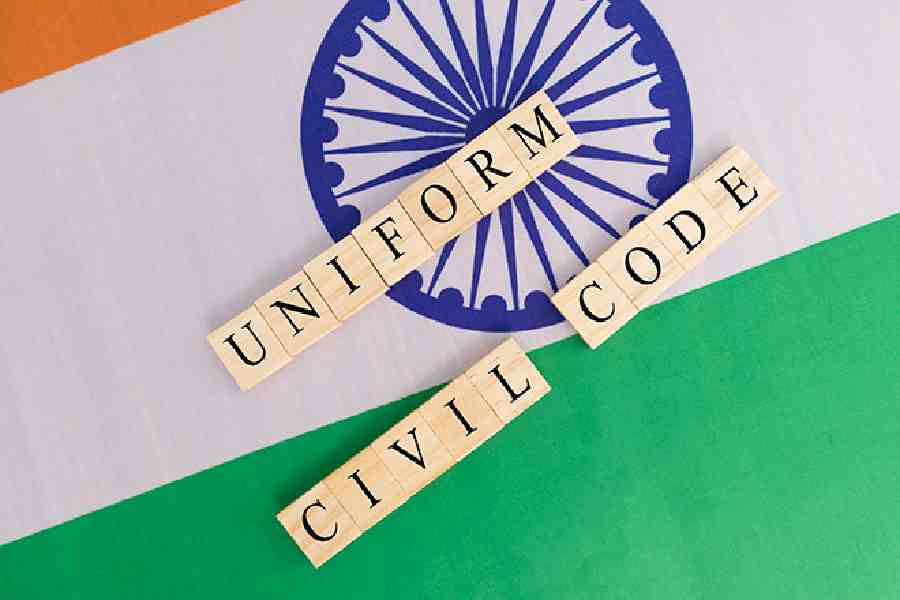The need for a uniform civil code was not just a promise by the Narendra Modi-led government before the Lok Sabha elections and the Uttarakhand assembly elections. The need for it was repeatedly voiced by the Supreme Court too. The Uttarakhand government has taken the bit between its teeth, given the resistance to the UCC from different quarters, and become the first state to promulgate it. Excluding the scheduled tribes from its purview, its focus is on marriage, divorce and inheritance. The UCC’s most progressive provision is the banishment of illegitimacy, with children born outside marriage being given equal rights of succession with the offspring of married parents. Polygamy and bigamy have been abolished, and halala, iddat and triple talaq made punishable. These may be seen as moves for gender justice. What is not progressive, though, is the requirement of registration for live-in relationships, something that the Supreme Court had dismissed as absurd earlier. The red tape around the registration and the penalty of imprisonment for its violation force live-in relationships to accept institutionalisation.
In 2018, the Law Commission had observed that instead of imposing an UCC then and there the discrimination and inequities in personal laws be reformed. The Uttarakhand UCC shows up the problems of an effort at overall reform at one go. Concerning divorce, both husband and wife have the right to apply for divorce — the wife has additional grounds if the husband is accused of rape or bestiality or sodomy, the last necessarily of ambiguous import — but the irretrievable breakdown of marriage is absent as a ground in spite of the Supreme Court’s cognisance of it. Worse, the UCC retains the provision of the restitution of conjugal rights, violating a spouse’s privacy and autonomy. In inheritance, both sons and daughters can inherit equally: spouse, both parents and children are inheritors when there is no will, not just mothers in exclusion of fathers. The Hindu system of coparcenary of ancestral property has been abolished and the entire property can be willed. A minority community’s personal law allows only one-third of the property to be willed and the rest inherited, ensuring, for example, the security of women from whom the property cannot be willed away.
There are more such anxieties attending the UCC. The marriage and inheritance provisions ignore the existence of the LGBTQIA+ community, a miss that is telling. There is nothing about adoption or guardianship. While leaving members of the largest minority community unable to adopt following the bar in their personal law, the elevation of the father above the mother in guardianship rights also remains. All this suggests some haste and inadequate attention to genuine reform. Adopting a few positive aspects of personal laws together with non-discriminatory and equitable provisions in tune with contemporary society would lead to a broad-based, forward-looking UCC, not peppered with imprisonment as this one is. A UCC is not just the fulfilment of a political promise.











